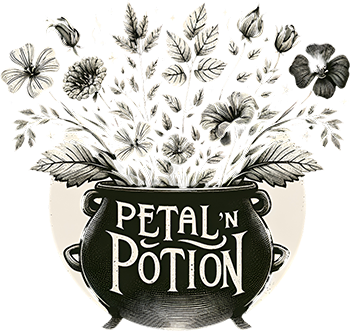T h e G a l l b l a d d e r

The gallbladder is a small, pear-shaped organ that plays a crucial role in digestion and detoxification. It stores and concentrates bile produced by the liver, releasing it into the small intestine to aid in the digestion of fats. Understanding the gallbladder’s function and how to support its health is essential for effective digestion and overall well-being.
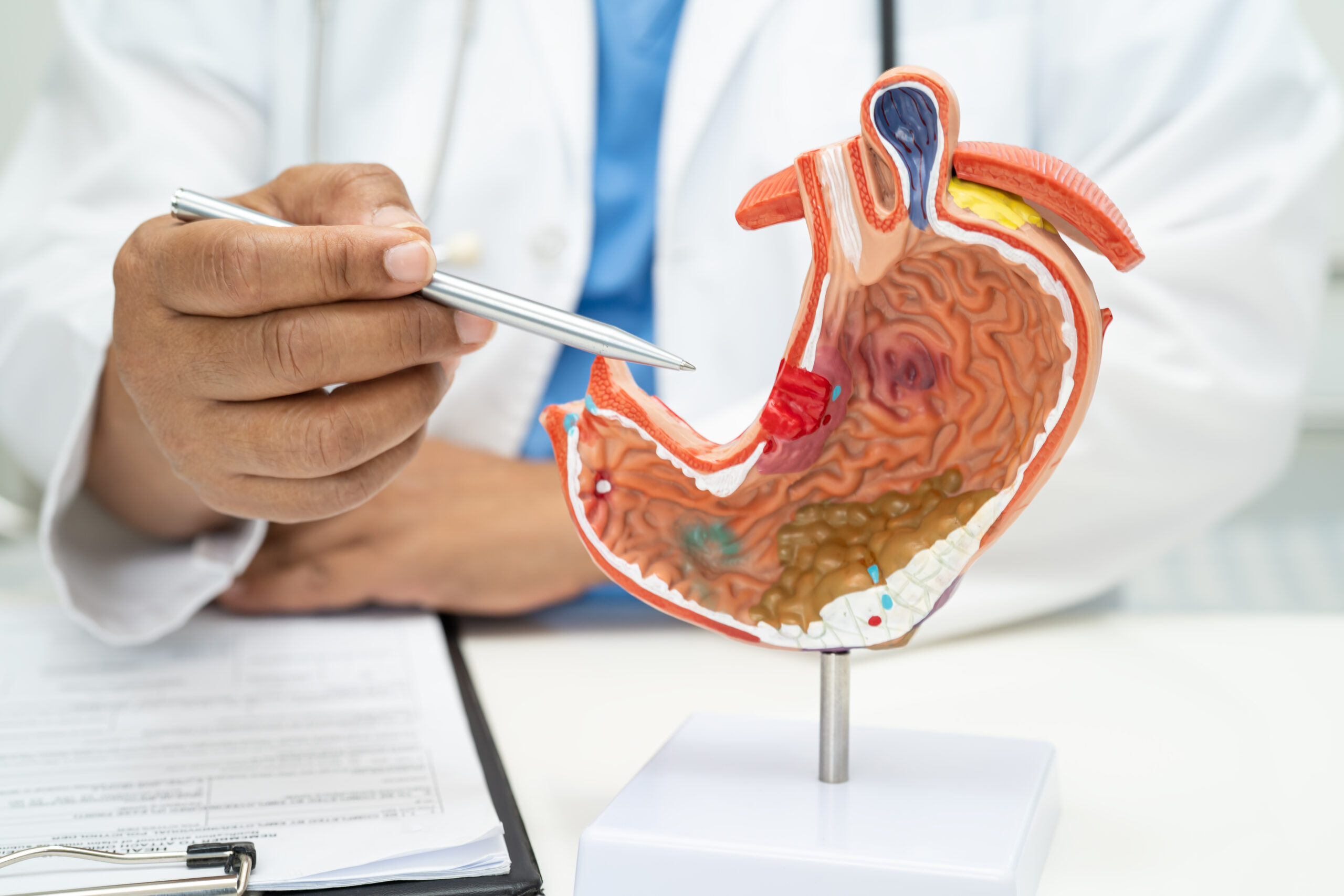
Understanding the
G a l l b l a d d e r
Anatomy of the Gallbladder
The gallbladder is located beneath the liver on the right side of the abdomen. It is connected to the liver and the small intestine via a network of bile ducts. The primary components of the gallbladder include:
- Fundus: The rounded, bottom part of the gallbladder.
- Body: The main, central part of the gallbladder.
- Neck: The narrow part that connects to the cystic duct.
- Cystic Duct: Connects the gallbladder to the common bile duct.
- Common Bile Duct: Carries bile from the liver and gallbladder to the small intestine.
This guide will explore the anatomy and function of the gallbladder, its role in digestion and detoxification, methods to support gallbladder health, and lifestyle factors that enhance biliary function.
H o w t h e G a l l b l a d d e r w o r k s
The gallbladder stores and concentrates bile, a digestive fluid produced by the liver.
When you eat foods containing fat, the gallbladder contracts, releasing bile into the small intestine through the common bile duct.
Bile helps break down fats into fatty acids, which can be absorbed and utilized by the body.
The role of the
G a l l b l a d d e r i n D i g e s t i o n & D e t o x i f i c a t i o n
Bile Production & Storage
Bile is a yellow-green fluid composed of bile salts, cholesterol, bilirubin, and other substances. The liver produces bile continuously, but the gallbladder stores and concentrates it until it is needed for digestion.
Detoxification
Bile also serves as a route for the excretion of waste products from the liver, including:
- Cholesterol: Excess cholesterol is eliminated through bile.
- Bilirubin: A byproduct of red blood cell breakdown.
- Toxins: Various environmental and metabolic toxins.
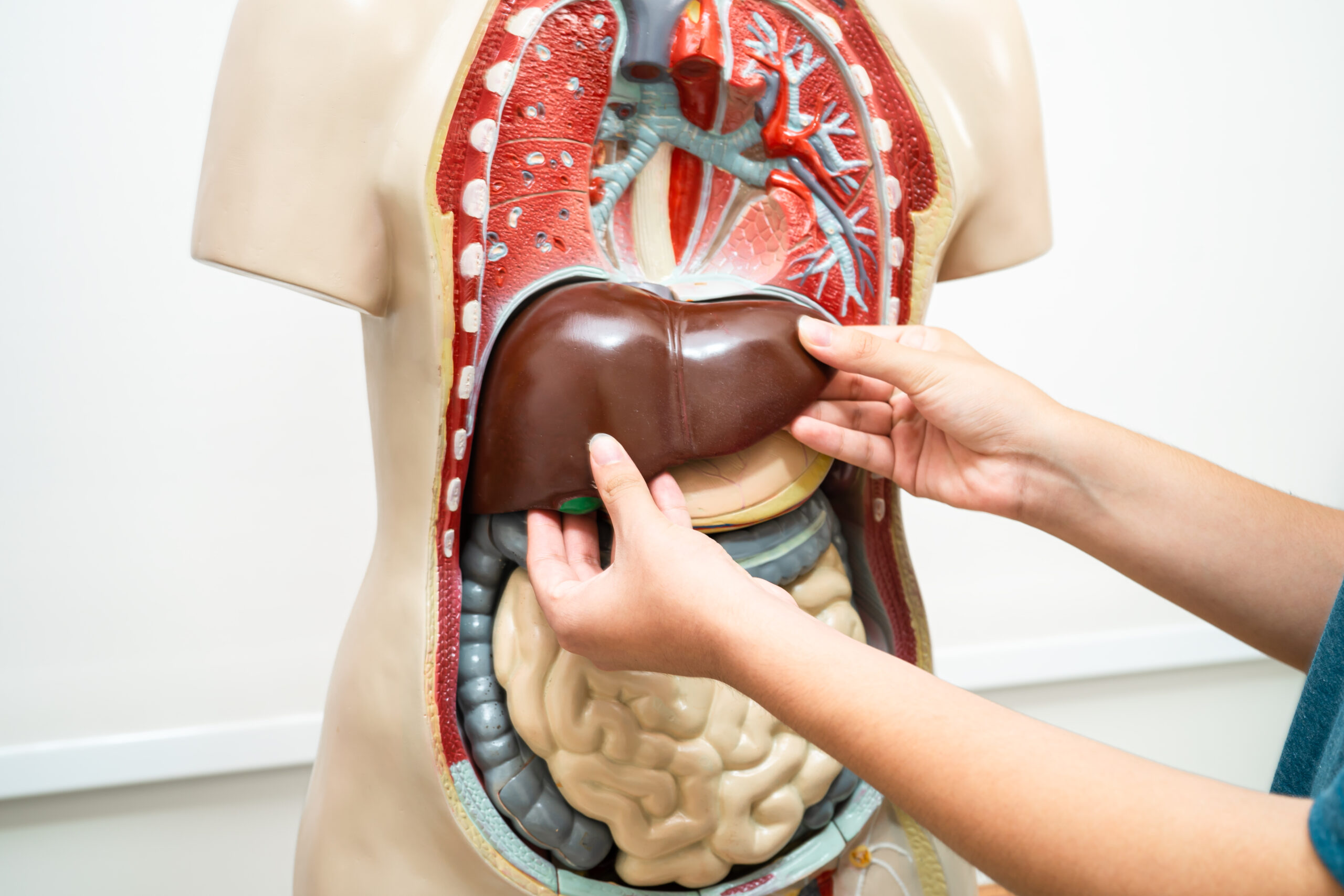
Fat Digestion
Bile emulsifies fats, breaking them down into smaller droplets that can be more easily digested by enzymes in the small intestine. This process is essential for the absorption of fat-soluble vitamins (A, D, E, and K) and other nutrients.
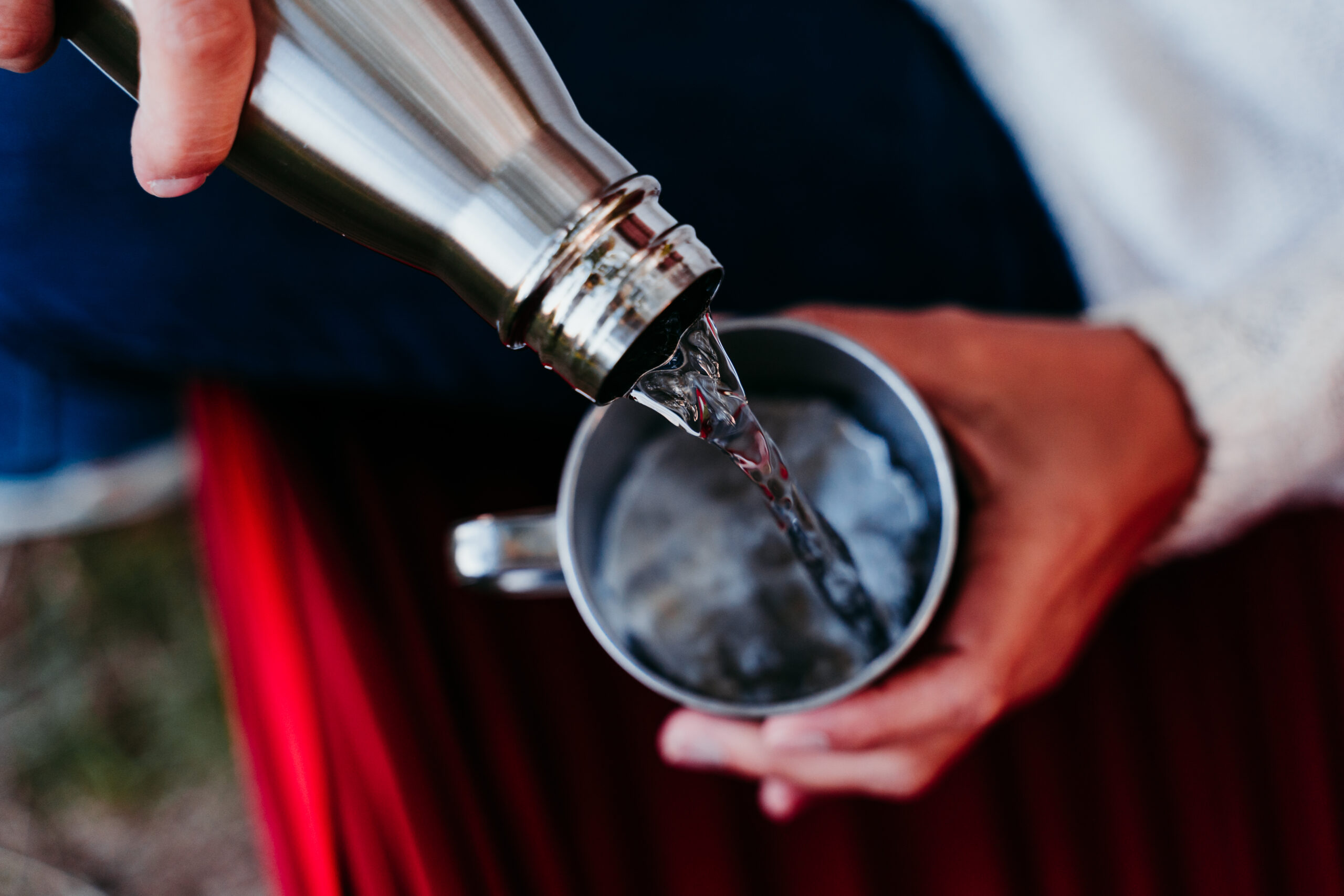
Methods to
S u p p o r t G a l l b l a d d e r H e a l t h
Healthy Diet
A balanced diet rich in fiber and healthy fats supports gallbladder function and bile production.
- High-Fiber Foods: Fruits, vegetables, whole grains, and legumes support digestion and prevent gallstones.
- Healthy Fats: Include sources of healthy fats like avocados, nuts, seeds, and olive oil to stimulate bile flow.
- Lean Proteins: Opt for chicken, fish, and plant-based proteins to reduce the burden on the gallbladder.
- Anti-Inflammatory Foods: Turmeric, ginger, and leafy greens can help reduce inflammation and support gallbladder health.
S t a y H y d r a t e d
Proper hydration is essential for bile production and preventing the formation of gallstones.
- Daily Intake: Aim to drink at least 8-10 glasses of water per day.
- Hydrating Foods: Include fruits and vegetables with high water content, such as cucumbers, watermelon, and oranges.
M a i n t a i n a H e a l t h y W e i g h t
Being overweight or obese can increase the risk of gallbladder disease. Maintaining a healthy weight through diet and exercise supports gallbladder health.
- Balanced Diet: Focus on nutrient-dense, whole foods.
- Regular Exercise: Engage in aerobic exercises and strength training.
- Portion Control: Monitor portion sizes to avoid overeating.
A v o i d R a p i d W e i g h t l o s s
Losing weight too quickly can increase the risk of developing gallstones. Aim for gradual, sustainable weight loss through a balanced diet and regular exercise.
L i m i t R e f i n e d C a r b o h y d r a t e s & S u g a r
Diets high in refined carbohydrates and sugars can contribute to gallstone formation. Focus on whole, unprocessed foods to support gallbladder health.
H e r b a l S u p p l e m e n t s
Certain herbs can support gallbladder function and promote bile flow.
- Milk Thistle: Known for its liver-protective properties and support for bile production.
- Dandelion Root: Acts as a diuretic and supports bile flow.
- Peppermint: May help relieve gallbladder spasms and improve digestion.
Lifestyle Factors to
E n h a n c e G a l l b l a d d e r F u n c t i o n
Regular Physical Activity
Exercise supports overall health, including gallbladder function. Physical activity helps maintain a healthy weight and may reduce the risk of gallstone formation.
- Aerobic Exercise: Such as walking, running, or cycling.
- Strength Training: To build muscle and support metabolic health.
- Flexibility Exercises: Such as yoga or stretching.
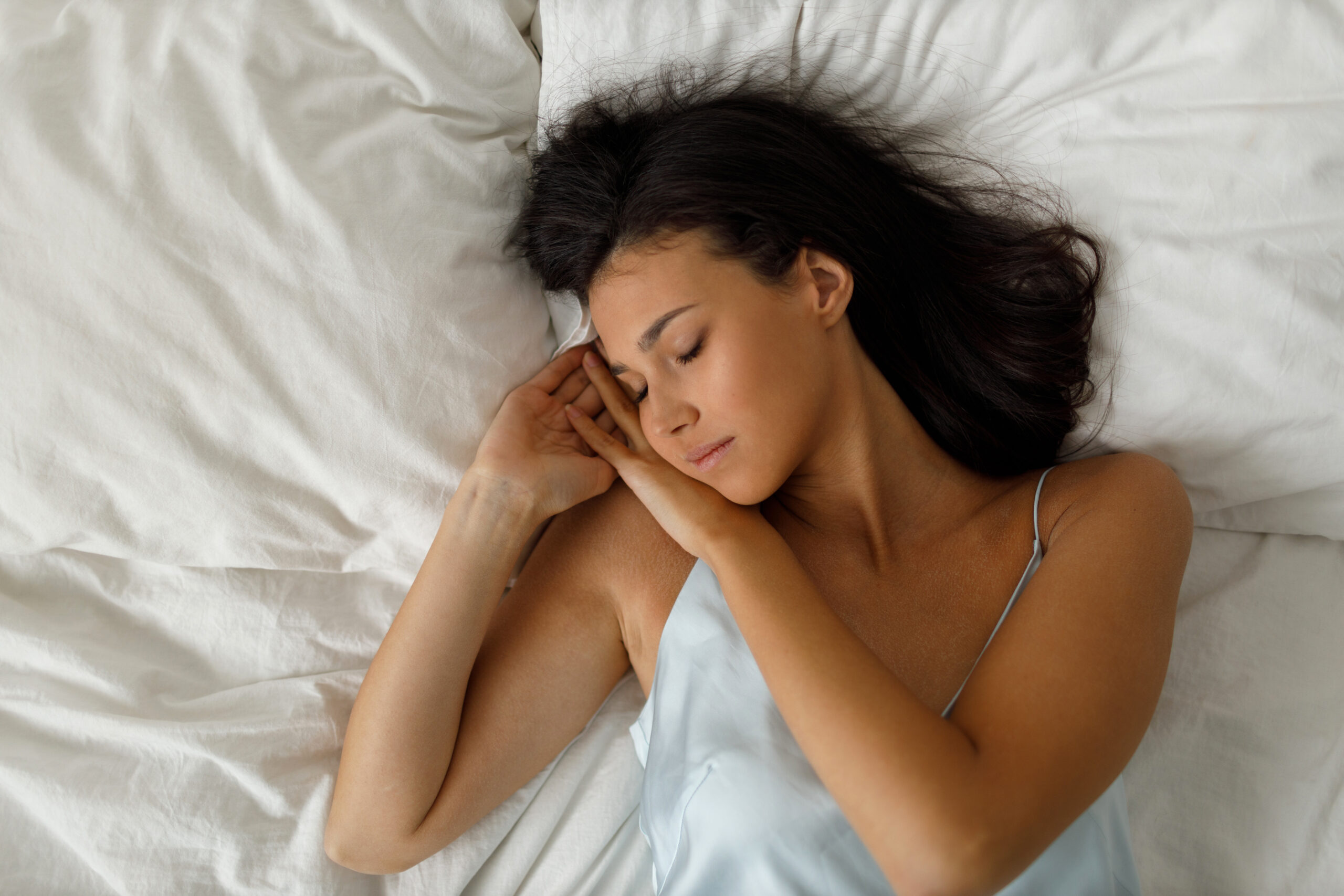
Stress Management
Chronic stress can negatively impact digestion and gallbladder health. Incorporating stress-relief techniques can support overall wellness.
- Meditation: Practice mindfulness or guided meditation to reduce stress.
- Deep Breathing: Engage in deep breathing exercises to promote relaxation.
- Hobbies: Participate in activities that bring joy and relaxation.
Adequate Sleep
Quality sleep is essential for overall health, including gallbladder function. Aim for 7-9 hours of quality sleep per night.
- Consistent Schedule: Maintain a regular sleep-wake cycle.
- Sleep Environment: Create a dark, cool, and quiet sleeping environment.
- Wind Down Routine: Establish a relaxing pre-sleep routine.
Regular Checkups
Regular medical check-ups can help monitor gallbladder health and catch any potential issues early.
- Ultrasound: Imaging tests to monitor gallbladder size and structure.
- Physical Exams: Regular visits to your healthcare provider.
- Blood Tests: Check liver enzymes and other blood parameters related to gallbladder function.
P r e - C l e a n s i n g T i m e l i n e
week 1
(Days 1-7)
Initial Preparation
- Hydration: Start increasing your water intake.
- Diet: Transition to a gallbladder-friendly diet rich in fiber, healthy fats, and anti-inflammatory foods.
- Exercise: Incorporate daily physical activities like walking or yoga.
- Stress Management: Introduce stress-relief techniques such as meditation and deep breathing.
week 2
(Days 8-14)
Enhanced Support
- Herbal Supplements: Introduce supportive herbs gradually, such as milk thistle and dandelion root.
- Hydrating Foods: Increase your intake of hydrating fruits and vegetables.
- Sleep Hygiene: Focus on improving sleep quality by establishing a consistent sleep routine.
- Healthy Fats: Ensure adequate intake of healthy fats to promote bile flow.
week 3
(Days 15-21)
Intensifying Efforts
- Increased Exercise: Increase the intensity and duration of workouts.
- Balanced Diet: Continue with a gallbladder-friendly diet, emphasizing high-fiber and anti-inflammatory foods.
- Herbal Teas: Incorporate herbal teas that support gallbladder health, such as peppermint tea.
- Regular Check-Ups: Schedule a visit with your healthcare provider to monitor gallbladder function.
week 4
(Days 22-30)
Final Steps
- Consistency: Maintain all practices consistently.
- Assessment: Evaluate how your body feels and make adjustments if necessary.
- Preparation for Cleanse: Ensure you are fully ready to begin your detox or parasite cleanse by optimizing hydration, diet, exercise, and stress management.
The gallbladder is a key organ for digestion and detoxification, playing an essential role in bile storage and fat digestion. By understanding its function and adopting lifestyle practices that support gallbladder health, you can enhance the effectiveness of your digestive and detoxification efforts. Prioritizing a healthy diet, staying hydrated, maintaining a healthy weight, exercising regularly, and managing stress are key strategies for optimal gallbladder function.
